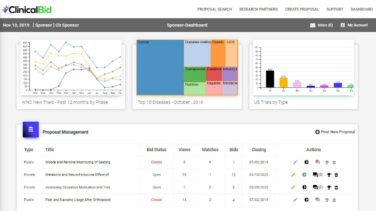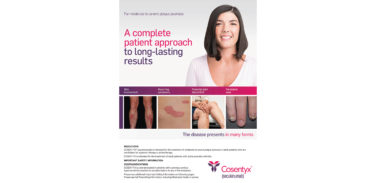For the past five years, I have compiled a registry of physician suicides. Today, I have 1,100 suicides in my registry. Here’s what I’ve learned: Physician suicide is a public health crisis. Each year, one million Americans lose their doctors to suicide. I have learned that many doctors have lost one or more colleagues to suicide. I have learned that for every one female physician in my suicide registry, four men commit suicide.
“Burnout” is a term often employed by medical institutions to shift the blame to physicians for a toxic and unsustainable workplace. The focus should be addressing the toxic system that undermines our physicians. Stresses vary by career stage. Not acquiring a post-medical-school residency in a specialty of choice has led to suicides. Assembly-line medicine kills doctors (and patients). Brilliant, compassionate people can’t care for complex patients in 15-minute time slots. Doctors require autonomy. In 2019 big-box medicine, they can’t have it.
So, at the end of the day, to the surprise of many, physician suicide is a real problem that is covered up by the medical profession and is invisible to the general public. I don’t study physician suicides out of academic curiosity. I study them so that I can learn to be more effective in intervening to prevent the suicides of my brothers and sisters in medicine. I answer cries for help from physicians who are afraid of licensure recriminations if they even approach mental health professionals. I am doing what I can, doctor by doctor.
But these suicides are largely occupationally induced and require systemic solutions. The first step is to increase awareness and decrease professional denial. Thankfully, the documentary by Emmy-winning filmmaker Robyn Symon, Do No Harm, is exposing the truth of this problem once and for all.
Beyond awareness, we will need to tackle the myriad sources of systemic stress in physicians’ professional lives. Make no mistake about it, being a physician in 2019 is challenging. We must work diligently to address absurd scheduling and on-call requirements, sleep deprivation, bullying, production-line medicine, “efficiency” mandates, and more if the rising tide of physician suicides is to be stemmed.
Saving lives. Isn’t that what healthcare is really about anyway?








